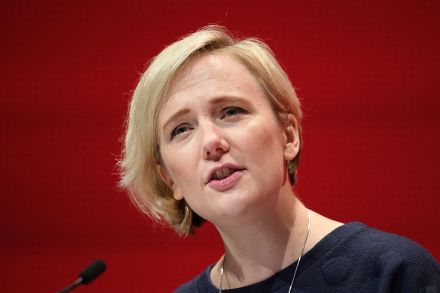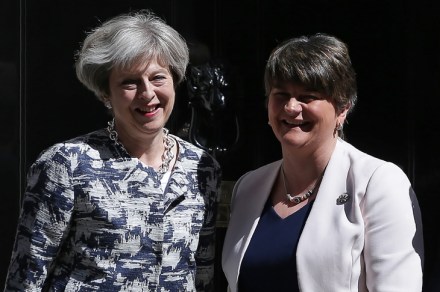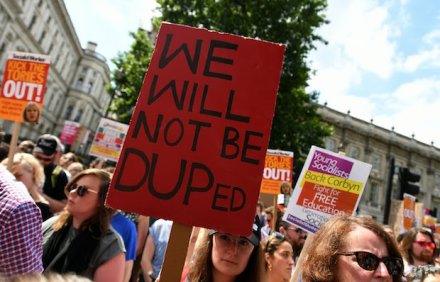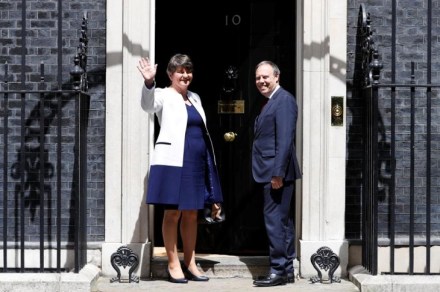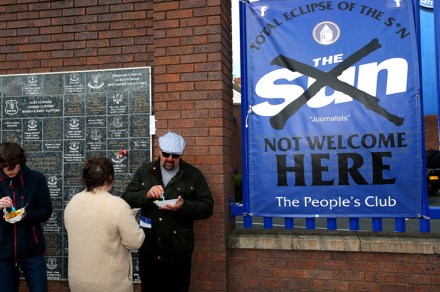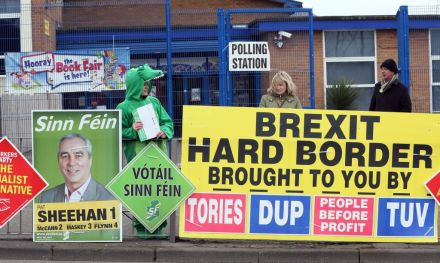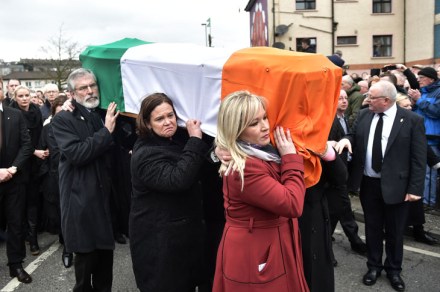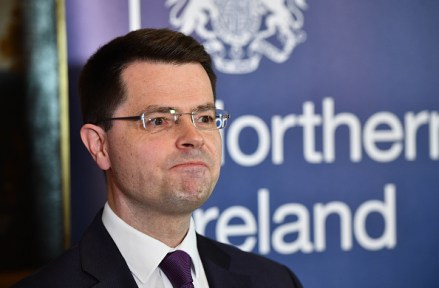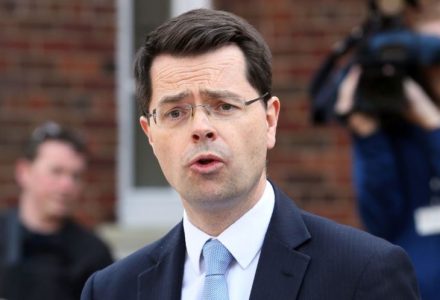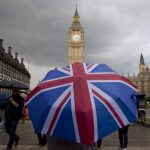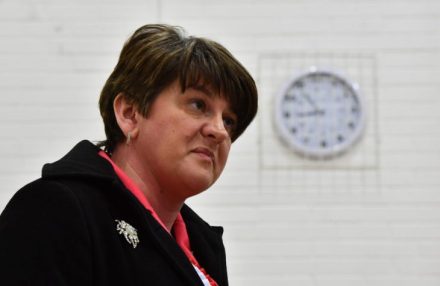The Government backs down over Queen’s Speech abortion amendment
In the face of a possible rebellion over an amendment to the Queen’s Speech, the Government has backed down. Chancellor Philip Hammond announced this afternoon that women from Northern Ireland will be given the right to an abortion in England on the NHS. This wasn’t a change ministers wanted, but for a weak minority Government propped up by the slenderest of margins, this is the new reality. It’s unlikely this will be the last time in this Parliament that ministers relent where they would have once stood their ground. Ever since the amendment was tabled by Labour MP Stella Creasy, the Government had looked under pressure. There were reports that as many as 40 Tory MPs
